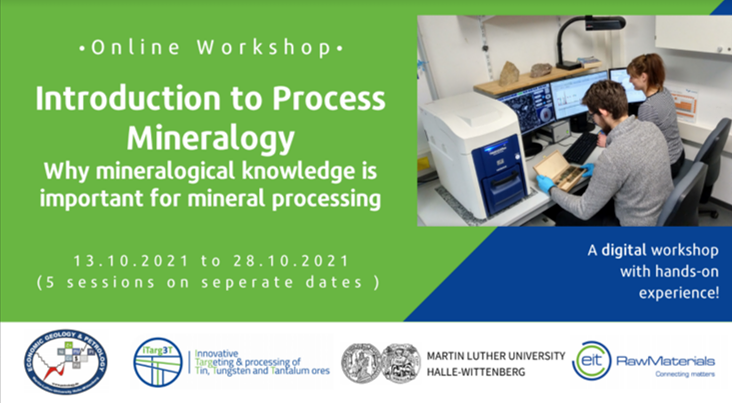
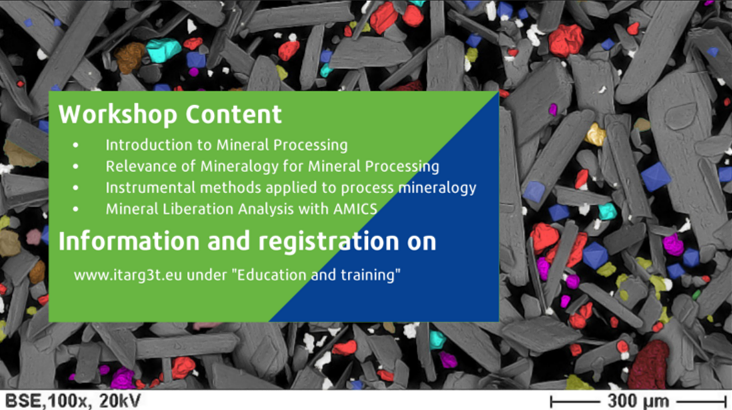


The short course “Introduction to Process Mineralogy” is organised by the Martin Luther University Halle-Wittenberg and takes place online. It provides an overview about the importance of mineralogy for mineral processing and addresses undergraduate and graduate geosciences students with no or limited knowledge in the field of process mineralogy.
The course takes place on several different days and is free of charge.
13.10.2021 Icebreaker Meeting; evening
A virtual get-together during the evening. We would like to explain the content and procedure of the course as well as getting to know each other. It would be nice if each participant could very briefly introduce oneself to the group. Please bring your own snacks and drinks 😊.
14.10.2021 Session 1; afternoon (4h)
The first session consists of an introduction in mineral processing and why mineralogical knowledge is important for the successful and sustainable recovery of commodity minerals. We alert the group that the chemical analysis of an element in an ore or rock does not necessarily allow for the successful and economically viable extraction of this element or metal, depending on numerous mineralogical parameters. Depending on the previous knowledge of the group we will do a short introduction in the (reflected) light microscopy and how it can fundamentally support our aims in process mineralogy.
14.10.2021 - 21.10.2021 Assignment
We will provide you with some thin and polished sections beforehand, sent by mail. You will apply your new knowledge and prepare a short presentation about your samples for the next session.
21.10.2021 Session 2; afternoon (4h)
You will present your results and we discuss positive and negative aspects of light microscopy in process mineralogy. We will show you other methods, their limitations, and potential sources of error. At the end you will receive a more detailed introduction to scanning electron microscopy and the software AMICS for automated mineralogy.
22.10.2021 Remote lab work in small groups (all day, each group 2h)
You can work directly with our scanning electron microscope via remote access and we will go further into detail, compared to session 2. You will create your own database and collect data for the next assignment.
22.10.2021 - 28.10.2021 Assignment
You will work with the collected data, do a mineral liberation analysis, and prepare a short presentation of your results.
28.10.2021 Session 3; afternoon (2h)
You will present your results and together we will discuss the outcome.
At the end of the course we will present you a case study in more detail.
Participants should have first experience with transmitted and reflected light microscopy and have access to a microscope – in best case you are able to take digital pictures – for your assignments. Additionally, a PC or laptop with microphone and camera for the online sessions is mandatory. Please send your application to lukas.iwan@geo.uni-halle.de and provide information about your name, institution, place, and type of work/study (which year of study), your experience with SEM-EDX and automated mineralogy as well as your expectations for the course.
Application is open until 27 June 2021 (23:59 CEST). The number of participants is limited to 9 persons only and the selected participants will be contacted by 30 June 2021. If we receive more than 9 applications, the selection process is based on the knowledge of the participants, which suits the course content the best and makes a balanced group regarding know-how, gender, and geographic location.
The iTarg3T (Innovative Targeting of Tin-Tungsten-Tantalum Deposits) project (EIT RM 18036) aims to provide solutions for the exploration of W-Sn-(Ta-Li) deposits via effective ore targeting, improvement of resource estimation and ore processing. The objective is to contribute to the mid-term self-supply in Europe and promote the know-how on these deposits via training of students, transfer of knowledge and the promotion of start-ups synchronous with the solution of scientific, economic and technical problems.
In this framework, the iTarg3T project has organized a field training course to some key ore deposits and projects in NW Iberia with the aim of teaching the key aspects of these ore systems and their geophysical exploration as well as bringing together and promote interaction between students, young professionals, exploration geologists and researchers.
This deliverable of the iTarg3T project was mainly focused for students and professionals of different RIS countries but the COVID crisis has forced to include only attendants from Spain and always following all the security measurements imposed by the Spanish authorities.
In this context, this field itinerary will cover some of the most relevant styles of W-Sn-(Ta-Li) mineralization, including scheelite-gold-bearing shear zones, Sn-Ta-enriched cupolas, porphyry-like mineralization, veins and stratabound replacements. These visits will be combined with those to relevant base metal mineralization nearby.
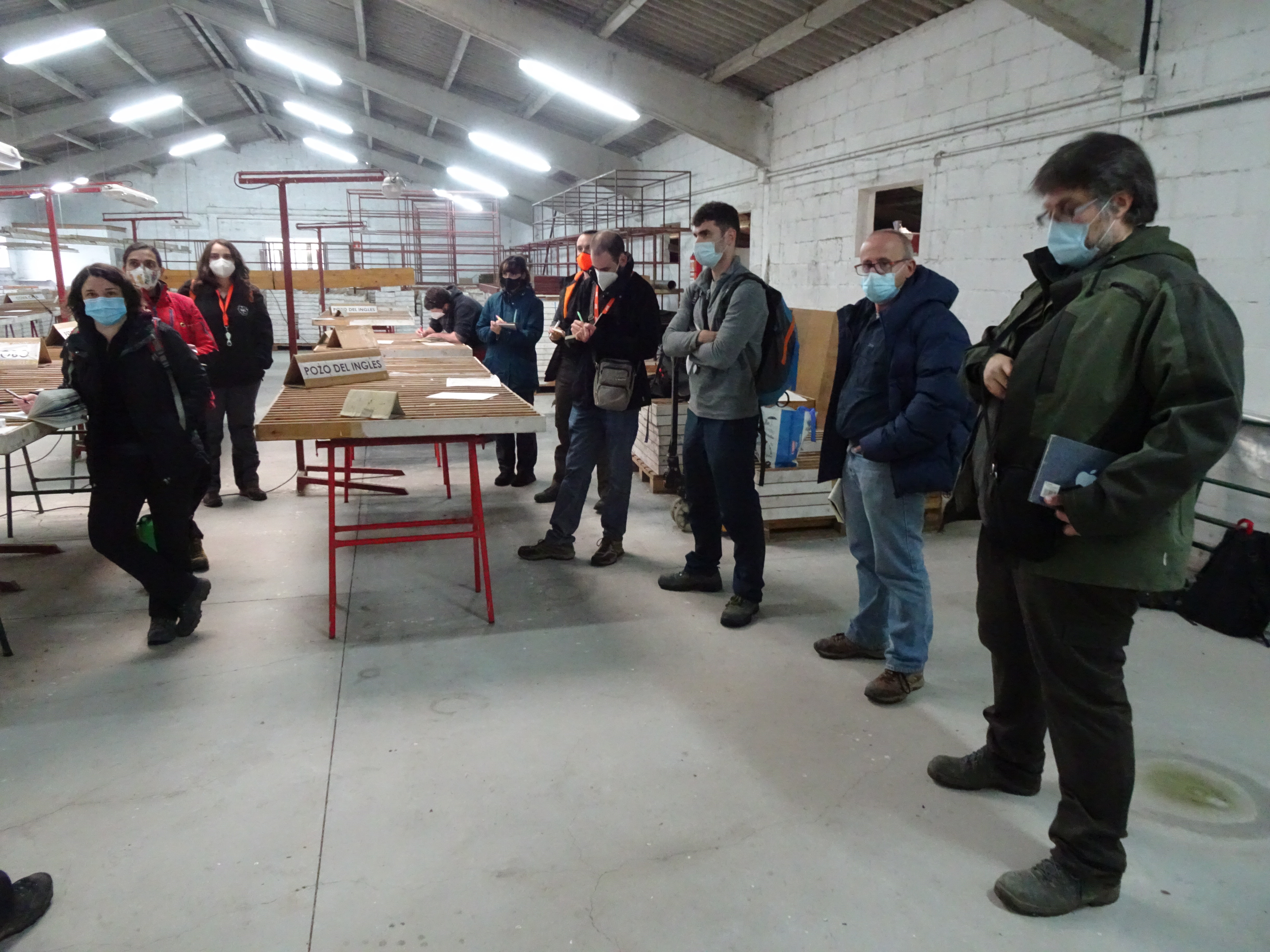
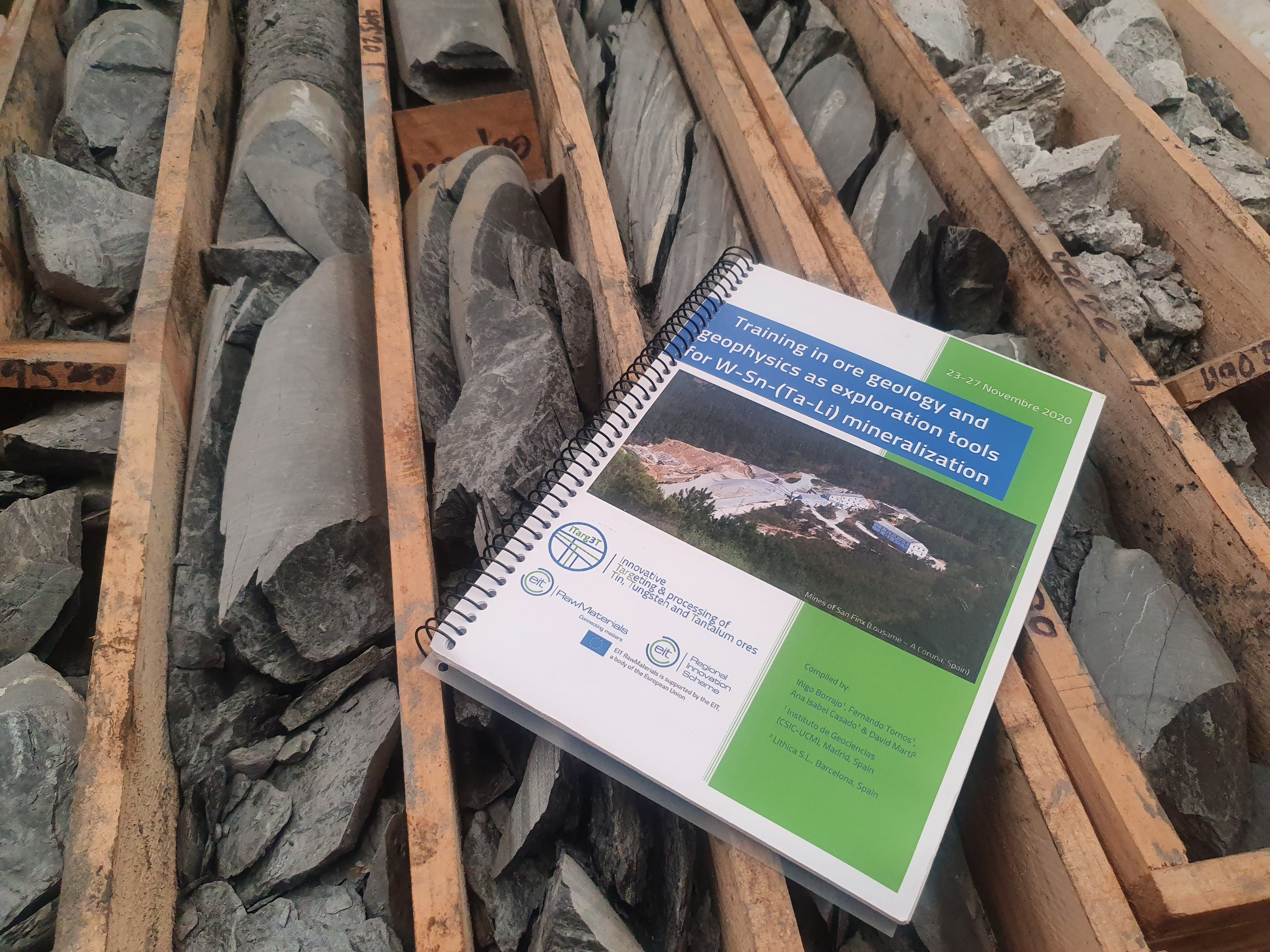
In 2020, three editions of the online short course entitled Social License to Operate for Mineral Exploration and Mining Projects were taught. In simple words, the goal of stakeholder engagement is the building of positive relationships with key stakeholders of the project, i.e., individuals or groups that are influenced by or can influence the project, in order to gain their acceptance for the project and their support for its successful development, i.e., the ‘Social License to Operate’. Indeed, without the acceptance of the local community most mineral projects will simply never take place, and as someone nicely expressed it – to be successful, a mineral project literally needs to be ‘weaved into the fabric of the local community’. In addition to highlighting the need for excellence in environmental standards, the implementation of the best practices of Responsible Mineral Development, and the need for the local communities to benefit from the mineral projects in a very significant, tangible, and lasting way; the short course emphasizes the need for a modern policy shift from ‘deciding for people’ to ‘deciding with them’ and going in the direction of local communities increasingly ‘taking ownership’ of the mineral project and self-identifying with it. This course was taught by our partner RedStone
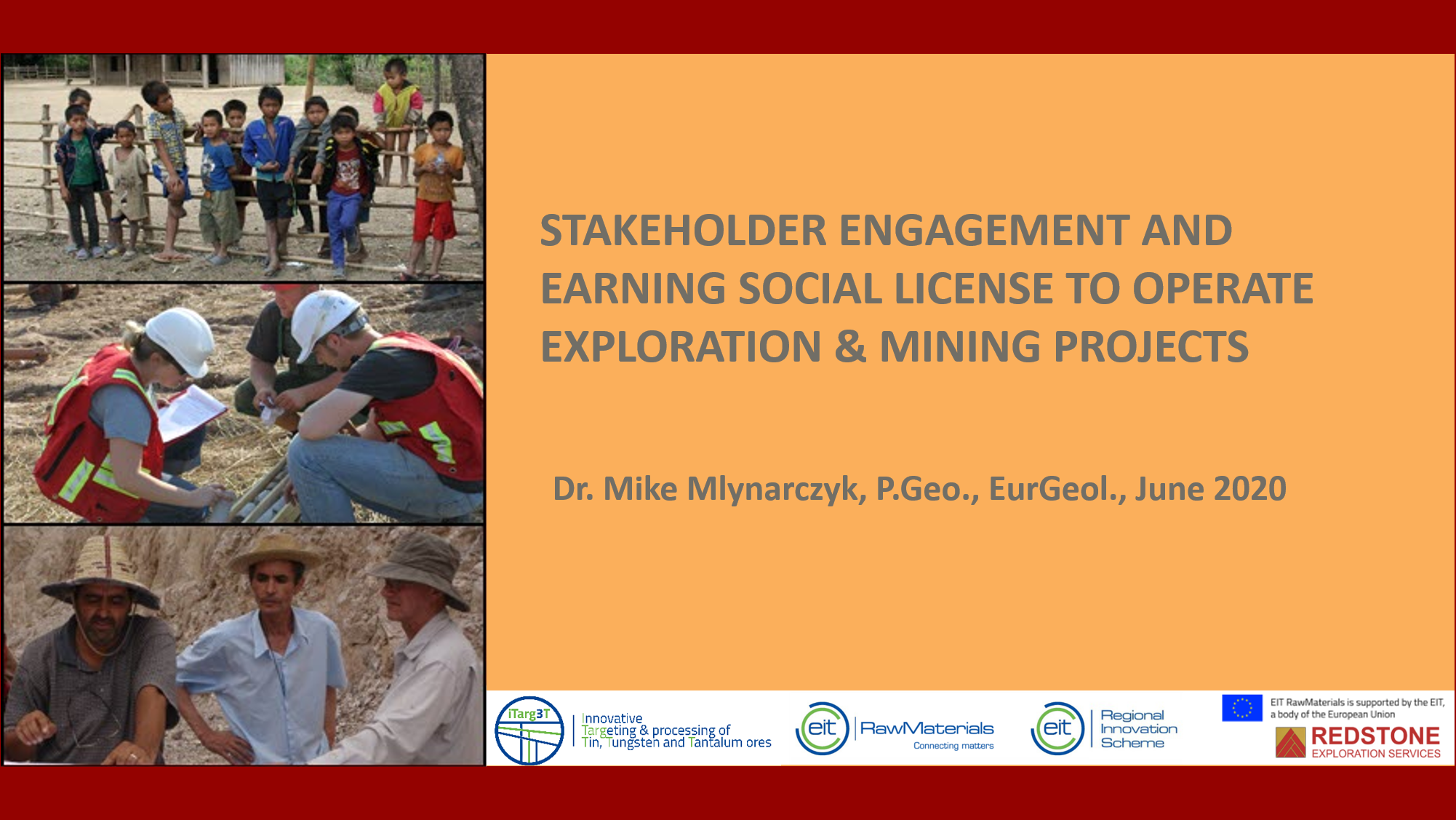
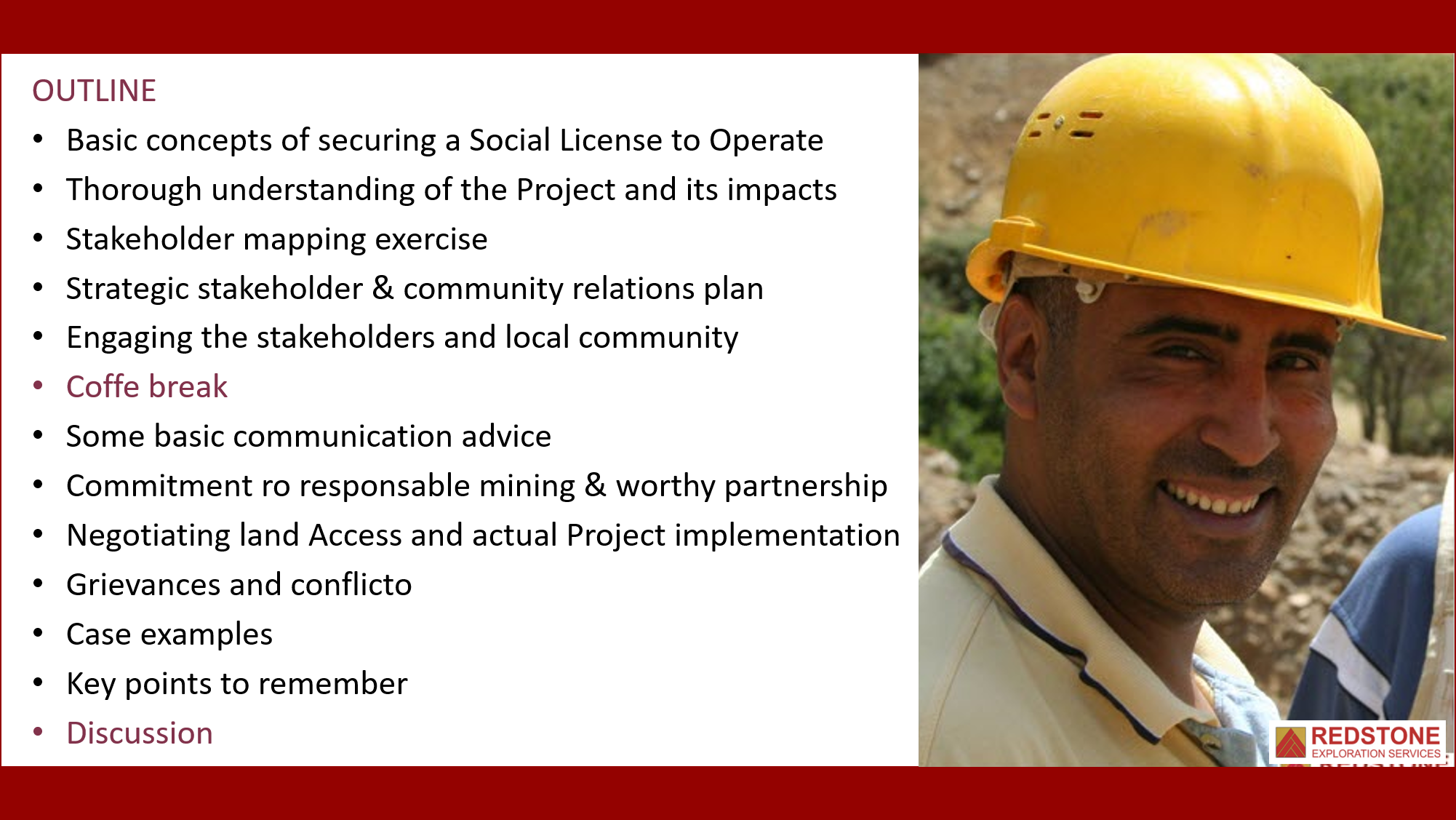
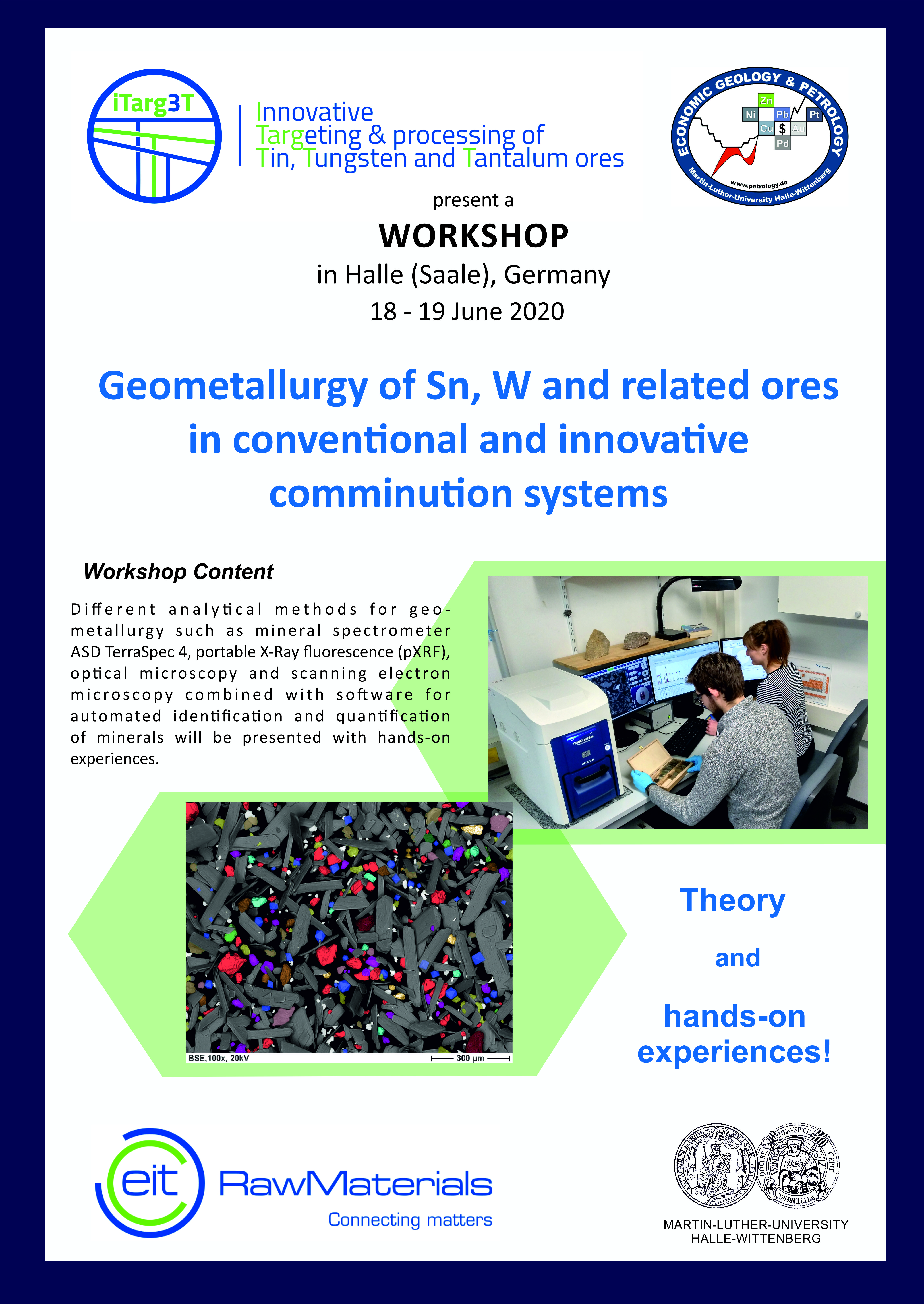

Copyright © 2021 iTarg3T